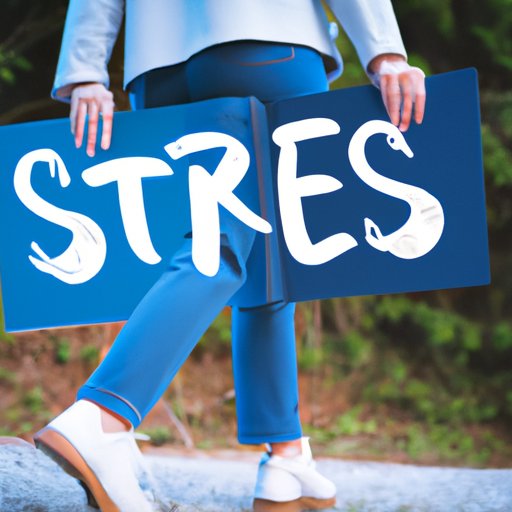
How to Cope with Stress: Tips and Techniques for Better Mental Health
Stress is a common experience that we all encounter from time to time. It can originate from several sources, including work, relationships, health, financial troubles, and personal issues. Unfortunately, stress can severely impact our mental and physical health, causing depression, anxiety, and other health problems. Coping with stress is therefore crucial for maintaining a happy and healthy lifestyle. In this article, we will delve into some tips and techniques for managing stress at home, work, or wherever it may arise.
Identify the Source of Stress
The first step in managing stress is identifying its source. Is your job to blame? Are there any problems in your personal life? Or are you experiencing a health condition that’s causing you anxiety? Understanding the root cause of stress is crucial for addressing it effectively. Sometimes, therapy or journaling can be helpful in uncovering the source of stress. Once you have identified the problem, you can start taking steps to address it.
Practice Mindfulness
Mindfulness involves focusing your attention on the present moment and accepting it without judgment. It can reduce anxiety and depression while improving mood, focus and productivity. It’s a simple technique that can be practiced anytime, anywhere. Start by paying attention to your breath and thoughts, then gradually work up to focusing on your surroundings. There are several online guided meditation resources you can use to help you develop your mindfulness practice.
Exercise and Physical Activity
Exercise can help improve your mental health and decrease stress levels. Physical activity releases endorphins and boosts your mood, thereby reducing anxiety and depression. The activity doesn’t have to be intense; gentle exercise, such as yoga can also be beneficial. Engage in at least 30 minutes of moderate exercise each day to improve your mental health.
Relaxation Techniques
Relaxation techniques can help reduce stress and anxiety. You can try techniques such as deep breathing, guided imagery, or progressive muscle relaxation. Deep breathing involves inhaling and exhaling slowly, thereby calming your body. Guided imagery is a technique that involves visualizing a calming scene to promote relaxation. Progressive muscle relaxation involves tensing and relaxing various muscle groups, one at a time, to reduce tension.
Seek Support
Talking to friends and family members, joining a support group, or seeing a therapist can be helpful in managing stress. Therapists can help you cope with stress by providing support, guidance, and relaxation techniques. Support groups can provide a sense of community, which can be useful in the journey to reducing stress.
Conclusion
In conclusion, reducing stress is crucial in maintaining good mental and physical health. By identifying the source of stress, practicing mindfulness, incorporating exercise into your lifestyle, trying relaxation techniques, and seeking support, you can ensure better stress management. Remember, incorporating these tips into your daily routine can make a lasting impact on your overall well-being.




